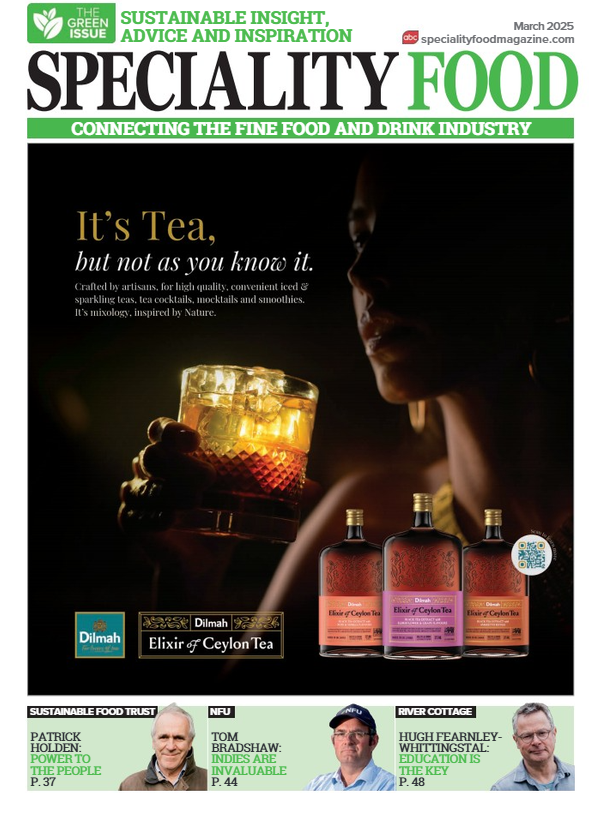“Cobweb corner”

- “Sticky fingers”
- “Everyone’s a winner”
- “Myths and legends of Turophilia”
- “When ‘cheese’ is not cheese”
- “Don’t disrespect the Cheddar”
There’s usually a little bit of a shop that makes the owner wince – not for reasons of cleanliness, I trust, but because the offering has become stale. It shouldn’t mean your cheese stocks, as common-sense and statutory food hygiene must take care of that; nor the dry goods that have a stock rotation programme and are put on special offer in advance of best before date. Well-considered systems will sort those out
The items in my shop that put lines on my forehead? Almost always the accessories: cheeseboards, knives, cheese safes, brie bakers, plates etc. They’re great for increasing average basket value, have a relatively high ticket value, don’t have a sell-by date, require no specialist staff input to sell – what’s not to like?
Unfortunately, only some of the accessories we stock will come from our regular suppliers of cheese and other deli goods. That means special orders from companies we only use occasionally (in my case every two/three years). Consequences of that: opening an account and having to adhere to a minimum order quantity that stretches budget and represents months or even years of sales. On cheese, we’ve almost always sold the stock before payment becomes due; investment in large stocks of accessories sits on the balance sheet. I used to tweak my orders up to the level required to get free delivery, but soon realised that this was short-sighted – better to swallow a tenner or so for delivery than have three year old stock looking tired.
Often bought as gifts, a degree of novelty helps shift these items. My bright yellow cheese-shaped door stops sold briskly on the first order of 250 pieces, but the re-stock after six months took almost four years to go. Lovely oak cheese boards with wooden mice attached were ‘hot’ for two years, but after that, everyone seemed to have seen them and sales stalled. Thankfully the mice were detachable! Wooden items don’t need to be ordered from large companies; we identified a man nearby who repurposed offcuts from bespoke kitchen installations. Local provenance added to the appeal.
Reinforcing our brand via accessories is a challenge: big cheese retailers such as Paxton & Whitfield and Fine Cheese Co. supply their accessories to other shops, but the packaging, at least, is heavily branded – and is for a competitive retailer (online if not geographically). We explored getting slate boards etched and burning our logo into wooden boards, which help to get the message across. My most profitable accessory is a branded cool-bag which both gets the shop name around and enables people to buy more cheese. Having ice blocks for sale ensures that there’s no excuse for travellers not to pick up something that catches their eye.
Obviously, keeping slow-moving items clean and free of dust is essential. I find it’s also important to pay attention to any deterioration of packaging. If the box for a knife set or board is looking tired, dented and faded from excessive handling or window display, it pays to replace the box (if possible). Perhaps sell it loose or move away from from full-price items and discount to shift them. Keep items looking fresh, new, interesting and engaging, otherwise we might as well let the cobwebs grow until our display resembles Miss Haversham’s wedding feast.
more from Town Crier
-
“Black and White thinking”
08 August 2019 Town CrierLast time around I suggested trumpeting the benefits of the produce we offer, and the importance of conveying its taste and of making each purchase viscerally appealing. -
“We’re a resourceful bunch”
17 May 2019 Town CrierIt’s almost exactly 10 years ago that I sat down to create the first business plan for my cheesemonger. -
“Waxing lyrical”
12 February 2019 Town CrierOn a family holiday to Normandy in 1965, my parents and their adult friends were hugely excited by Livarot and Camembert – seldom seen back home in Hampshire.

